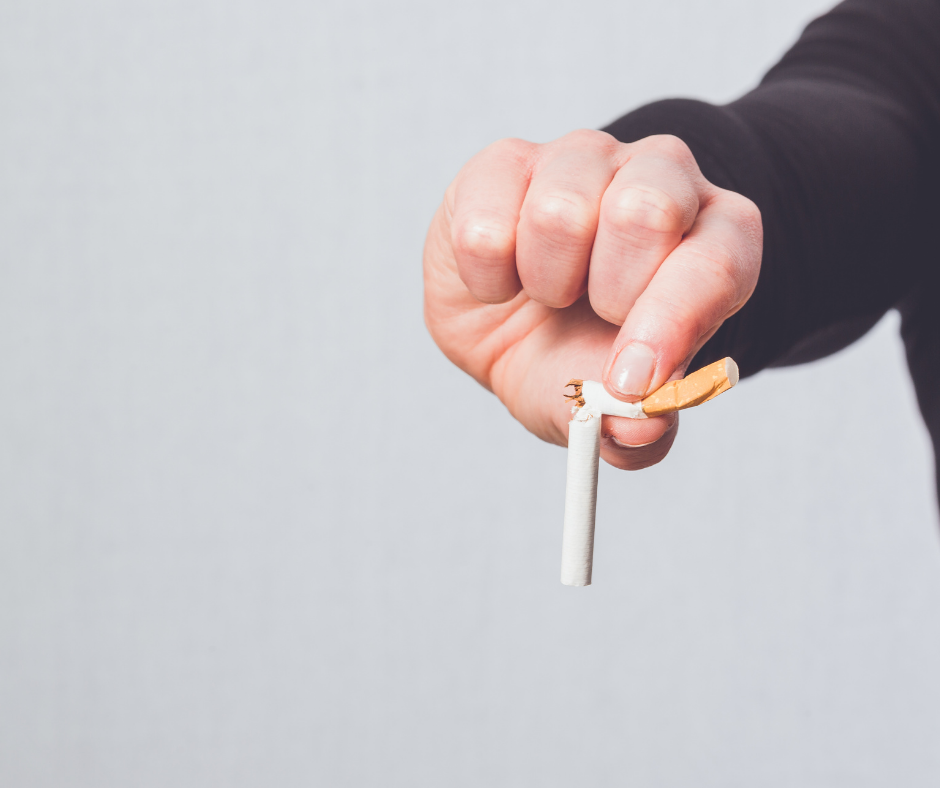Sleep struggles are typically the result of one of three things: Our genetics, our environment or our lifestyle—or a combination of the three! This month, we’re tackling a specific lifestyle choice that can help get you a happier sleep and a healthier life: Quitting smoking.
We all know smoking is one of the worst things you can do to your body, increasing your risk of heart attacks, strokes, and cancers (to name a few). But smoking can also cost you your precious sleep—and because frequent, quality sleep is paramount to a healthy you, neglecting it can have devastating consequences in the long run. So, if you or a loved one are still smoking in 2021, it’s time to understand the little-known ways cigarettes are harming your sleep—and how poor sleep will make it harder to quit.
Sleepless, thanks to smoking
Although non-smokers aren’t guaranteed to have a perfect night’s rest every night, they do have a considerably lower number of risks to overcome. Those who smoke cigarettes are more likely to experience sleep issues like disordered breathing, sleep apnea, and insomnia. Additionally, their sleep is more likely to be interrupted with shorter sleep durations, increased daytime sleepiness, and difficulty maintaining healthy sleep patterns.
If that’s not annoying enough, smoking increases the risk of snoring! With the number of chemical irritants in cigarettes, it’s no surprise that they can cause swelling in the throat. And with tighter airways restricting your breathing, your risk of snoring increases significantly. So not only are you disrupting your own sleep by smoking, you’re probably an annoying sleep partner with all that noise, too!
Today, with smoking rates reaching historic lows, researchers are now turning their attention to the increased popularity of e-cigarettes and combustible cigarettes. Although there are still large knowledge gaps to fill due to e-cigarettes being a relatively new trend, preliminary findings suggest a negative impact similar to traditional cigarettes, especially with increased occurrences of nighttime awakenings and difficulty breathing.
Poor sleep makes it harder to quit smoking
It’s true! We know that poor sleep can exacerbate existing health problems and, based on recent research it seems that poor sleep makes it harder to quit smoking, too. In fact, there is evidence to suggest that smokers suffer from greater nicotine withdrawal symptoms and cravings due to their poor sleep quality. So, if you’re trying to quit smoking and not getting enough sleep, it’s likely that the process of quitting will be more difficult, frustrating and ultimately unsuccessful. Of course, we’re here to help you sleep better so you can break the negative feedback loop and finally quit those cigarettes. Book a complimentary sleep consultation to learn how we can help.
Although it may seem like a daunting task at first, we all know the pros to quitting smoking outweigh the cons. From healthier lungs to a night of better sleep, cutting cigarettes out of your life will bring you one giant leap closer to a better you.
We wrote this post with reference to a journal on PubMed Central®. You can read the full journal here.






